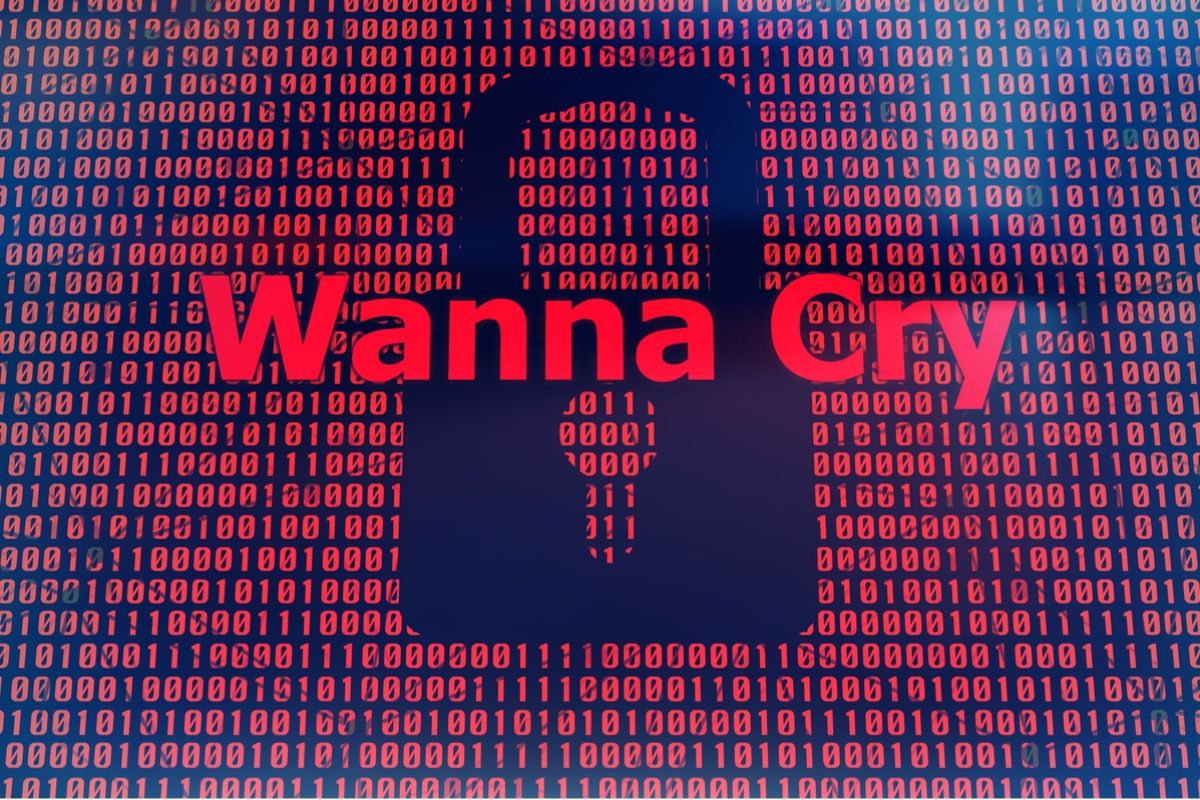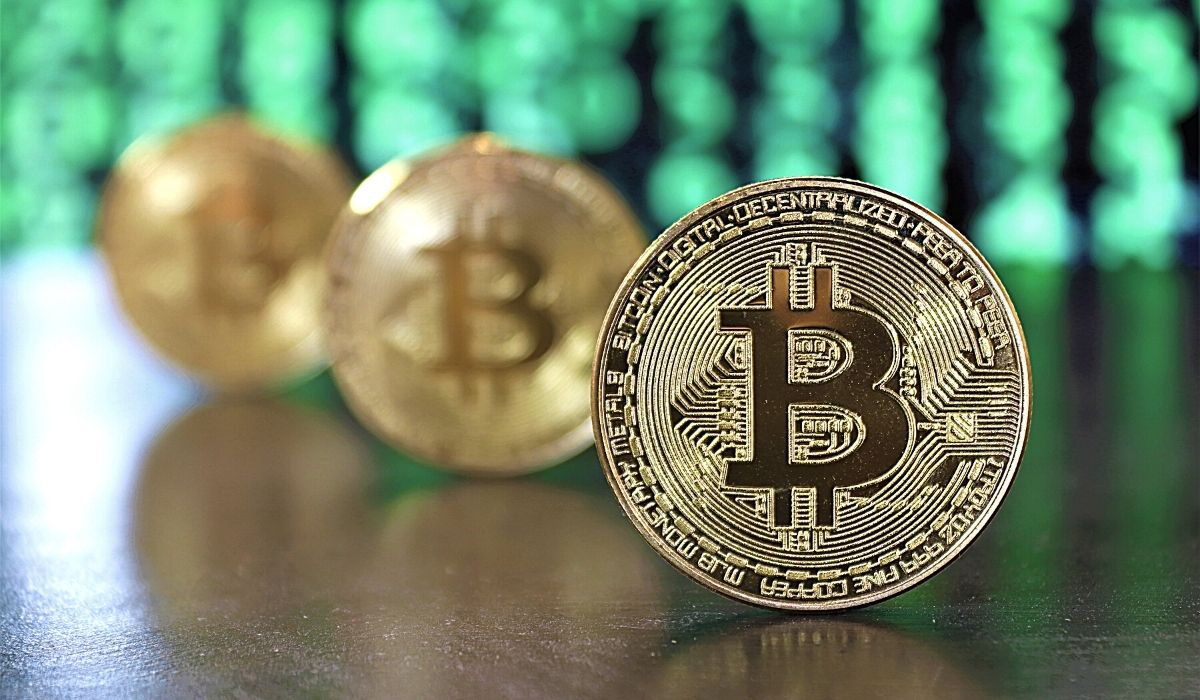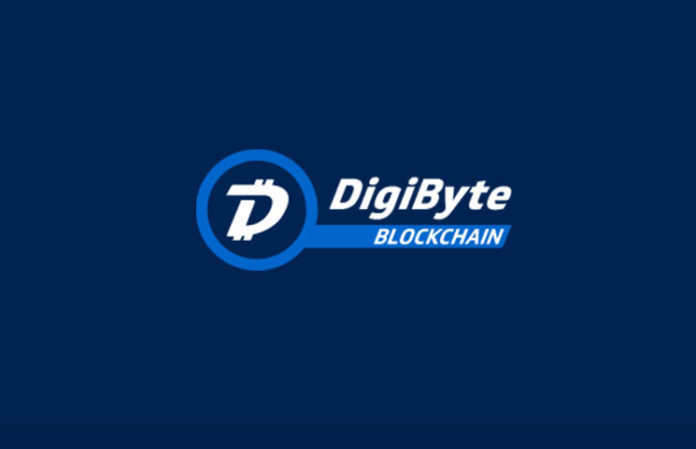News
CISA Prepares For Another ‘WannaCry’ Incident: Says Something Big is Coming to The Entire Cyber-Space

According to Assistant Director Jeanette Manfra of the Cybersecurity and Infrastructure Security Agency (CISA) – A Division of the US Department of Homeland Security, there is an impending cyberattack of an even greater magnitude than the ‘2017 WannaCry Attack’ to be expected within the next few years.
As a branch of the Department of Homeland Security (DHS) focused mainly on cybersecurity, CISA becomes wholly in charge of protecting and increasing the security of critical government networks by means of collaborating with the private sector on a global scale. And as such any threat within the aforementioned jurisdiction falls under the responsibility of the agency.
Just last week at the TechCrunch Disrupt in San Francisco, California, following a statement by Manfra who analyzed the current situation of cyberspace to be at a very vulnerable state. Elaborating further, the former Senior Counsellor to the Secretary of the DHS highlighted on the uncertainty of preventing such attacks in the near future but also emphasizes on the readiness of the department in the event of such occurrence. Stressing yet on the ‘WannaCry Attack’ she said;
“I don’t know that we could ever prevent something like that, we just have something that completely manifests itself as a worm. I think the original perpetrators didn’t expect probably that sort of impact.”
Nonetheless, she also added that;
“Updating your patches would have prevented a good quantity of individuals from being a sufferer.”
The Bluekeep Glitch
All of these statements about a worldwide ransomware attack comes as a warning against a looming loophole in Bluekeep, which was detected a few months back. The ‘Bluekeep’ terminology was coined by another cybersecurity expert – Kevin Beaumont in a tweet, as it often leads to a Blue screen when exploited.
The Bluekeep glitch is a “wormable” vulnerability that was first reported sometime in May on Microsoft’s Remote Desktop Protocol (RDP) that allows for remote code execution. This bug was initially believed to be present in all unpatched versions of the NT-based Windows ranging from Windows 2000 through Windows Server 2008 R2.
While the much newer versions such as Windows 7 and all other versions upwards to Windows 10 were prone to the ‘Dejablue’ flaw. Subsequently, this error could compromise over a million internet-connected gadgets from all over the world that are connected and susceptible to Microsoft’s BlueKeep.
Although Bluekeep shares similar characteristics to other wormable viruses such as the NotPetya and WannaCry bug, all of which are capable of creeping into weak computer systems on a broader network. And given that the Bluekeep bug allows for remote access from unlicensed third-party agents, it is only a matter of time before ‘Black hackers’ exploits this vulnerability.
Notwithstanding, the Expert Cybersecurity Analyst – Manfra guarantees that extreme measures by the governments of multiple nations are underway to help manage such incidents if and when it happens.
Bitcoin
Central African Republic Becomes First African Country To Adopt Bitcoin As Legal Tender
The new bill provides a framework for use of cryptocurrencies in smart contracts, payments systems, online trade, and all electronic transactions alongside the CFA franc currency.

Bitcoin continued to garner attention globally as a national legal tender with Central African Republic becoming the latest suitor. President Faustin-Archange Touadéra signed the bill into law on Wednesday and his chief of staff Obed Namsio hailed the move as one that could forever change the economic fabric of a country that has been embroiled in rebel violence for many years now.
Namsio said the bill was supported by the president because it would improve the citizens’ status. He added it would open up new economic opportunities for the landlocked country. The new bill provides a framework for use of cryptocurrencies in smart contracts, payments systems, online trade, and all electronic transactions alongside the CFA franc currency.
“This move places the Central African Republic on the map of the world’s boldest and most visionary countries,” he said.
Traders will also be capable of paying taxes with crypto and the finance minister Gourna Zacko who introduced the bill, believes it will ease cross-border transfers that have become increasingly difficult to do. These transfers will now become very cheap. Citizens will also be capable of undertaking legal financial transactions in the mainstream financial realms using crypto, and without necessarily going through middlemen banks. Cryptocurrency exchanges will not be taxed.
The bill has clauses that prescribe up to 20 years of imprisonment and a fine of between 100 million to 1 billion CFA francs for anyone who breaks the crypto law.
With a per capita income of only 750 USD per year, the country is one of the poorest in the region and world as a result of years of conflicts and war. This is despite having a vast amount of gold and diamond reserves.
The country would, however, have to pursue an aggressive Internet coverage agenda to make this plan effective. It currently has an Internet penetration rate of just 7.1 percent and 355,000 Internet users out of a total population of 4.97 million people.
It is not clear if and how the new move would help alleviate the country’s ailing inflation or GDP. Inflation has increased from 2.7 percent in 2019 to 3.3 in 2021. The country’s GDP also flipped to the negative last year at -0.6 from a 3.1 in 2019. Despite relying heavily on agriculture and mining, illegal gold and diamond exports undermine government revenue. The country is also embroiled in bad political and economic decisions, conflicts, and insecurity.
The bill that governs use of cryptocurrency as legal tender in the country was unanimously adopted by the parliament last week. However, the move was not approved by the Bank of Central African States (BEAC) which governs the Central African CFA franc regional currency used by the country and about 14 others. The franc is tied to the Euro and largely controlled by the West. Two ministers said the move to adopt Bitcoin as a national currency was a serious offense.
The move was also criticized by former Prime Minister Martin Ziguele who said it was not a priority for the country, and that it was undermining the CFA franc. The decision could also be challenged in court by some legislators.
Cryptocurrency
Cardano’s Charles Hoskinson wants to work with Elon Musk to develop a decentralized social media platform

The Founder of Cardano (ADA) has invited Tesla owner and billionaire, Elon Musk, to work with him in developing the first decentralized social media platform. Charles Hoskinson, who also doubles up as the CEO of Input-Output Global is offering to help Elon Musk achieve his goal of free speech on social media.
The news follows Elon Musk’s acquisition of a stake in Twitter last week. The Billionaire bought 9.2% of Twitter, estimated at $2.89 Billion, and was even offered a seat on the micro-blogging site’s board. However, after deliberations, Elon passed on the offer since it would bar him from owning beyond a certain threshold of Twitter’s shares.
Free speech advocate
Elon Musk is on record for being a passionate supporter of free speech and open internet policies. He has in the past openly accused Twitter of muzzling free speech and open internet use. He recently held a poll that indicated that most users would prefer an edit button on Twitter and said that if he is not allowed to acquire the platform, he would have to reconsider his position as a major shareholder of Twitter.
To actualize this cause, he has offered to acquire the platform for a reported fee of $43 Billion in cash. This intended acquisition has left his critics and supporters talking and would go a long way in helping him bring much-needed changes to Twitter. His intention has however come under fire with his critics, including Dogecoin co-founder, Jackson Palmer saying that Elon Musk is planning a hostile takeover of Twitter.
Hoskinson’s offer to Elon Musk
Upon seeing the opposition against Elon Musk’s plan, Hoskinson wooed Elon to join him in creating a decentralized social media platform. He tweeted:
“@Elon if Twitter rejects your offer, then hit me up. Happy to build a decentralized one.”
This offer follows Elon Musk’s Twitter poll where he sought the opinion of his 80 million followers about a decentralized social media platform. He posited that were he to be barred from acquiring Twitter, he would establish his decentralized platform that would be founded on free speech and open internet.
Elon Musk’s campaign for free speech and open internet has not been welcomed by all. Some of his critics have argued that coating his move with good intentions, his true intention is to get revenge against the SEC for muzzling his Twitter activities.
-

 Cryptocurrency5 years ago
Cryptocurrency5 years agoRipple Sends $26 Million Worth of XRP to Jed McCaleb, XRP Army Fears Another Dump in Price
-

 Cryptocurrency5 years ago
Cryptocurrency5 years agoChina Is Set To Launch A Legal Cryptocurrency In The Second Half Of 2019
-

 Cryptocurrency5 years ago
Cryptocurrency5 years agoHODLers Plead With Ripple Inc. Not To Dump XRP Tokens Anymore
-

 Blockchain5 years ago
Blockchain5 years agoThe Future Of Publishing With Blockchain, Steemit vs. Publish0x
-

 Cryptocurrency5 years ago
Cryptocurrency5 years agoIntel’s 10th Generation Processors: A Hard Pick From a Buyer’s Point of View
-

 Cryptocurrency5 years ago
Cryptocurrency5 years agoHow to Exchange and Withdraw Digibyte to Bitcoin/Ethereum on any exchange platform
-

 Cryptocurrency5 years ago
Cryptocurrency5 years agoWhy Bitcoin Is Better Than Other Cryptocurrencies
-

 Cryptocurrency5 years ago
Cryptocurrency5 years ago40% Of Bitcoins Are Stored On Wallets With A Balance Of Over 1000 BTC








